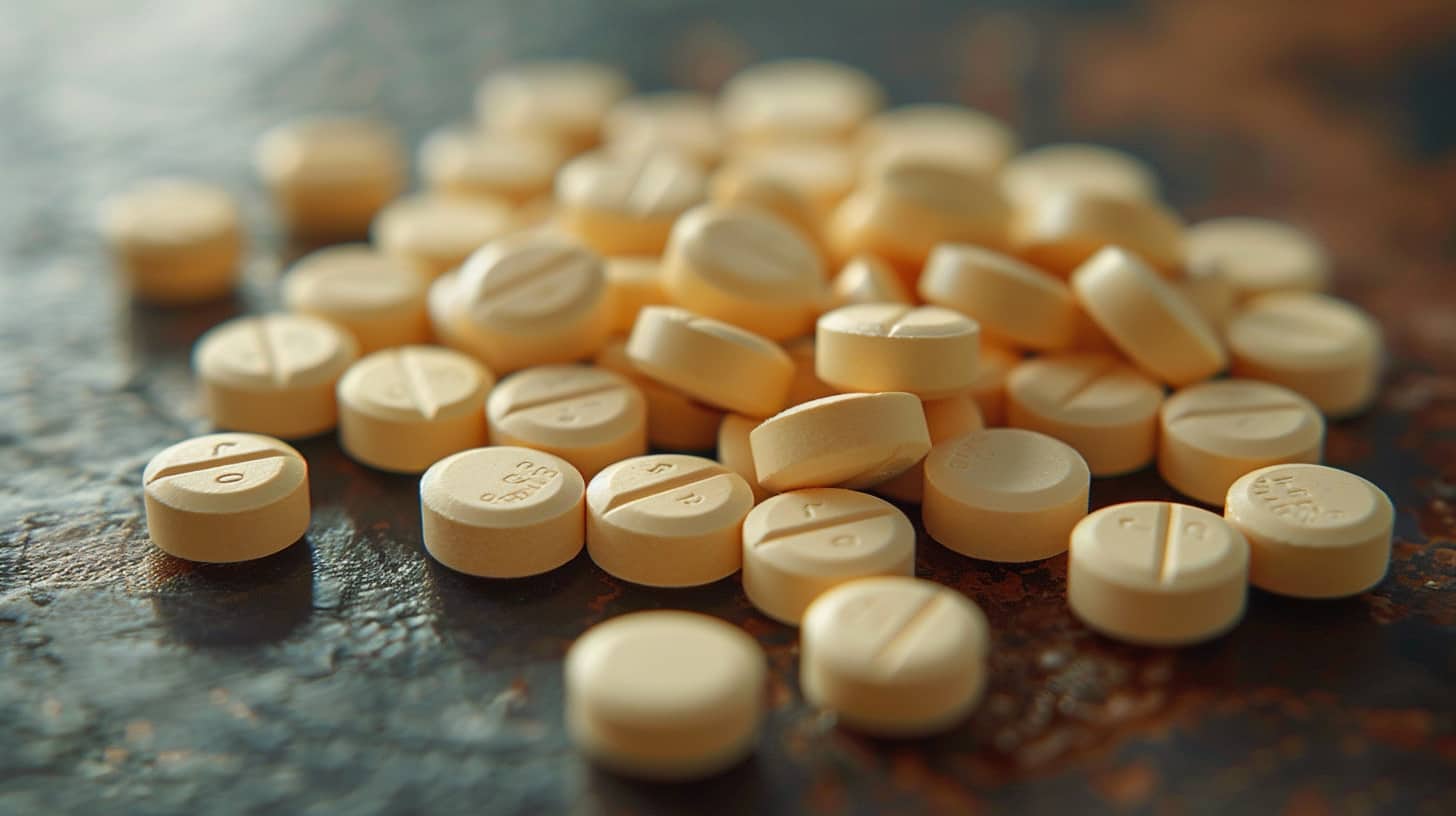In today’s fast-paced world, where everyone’s trying to do just about everything at once, it’s no wonder some of us look for a little … enhancement. Enter Adderall. This answer for some promises to keep everything going at a fast pace. It has other, not-so-welcome effects as well. But still, some are tempted to use it for its effects that help keep them focused. But how long does Adderall last?
What Is Adderall, Exactly?
Adderall is a stimulant medication, a blend of amphetamine salts, that’s like a double espresso for the brain’s neurotransmitters, particularly dopamine and norepinephrine.
It’s like telling your brain’s barista to keep those espressos coming, ensuring you stay alert, focused, and ready to tackle the various tasks at hand. Prescribed primarily for those living with ADHD (Attention Deficit Hyperactivity Disorder), it helps increase attention and decrease impulsiveness and hyperactivity.
How Long Does Adderall Last?
The length of Adderall’s effects in your system plays out in two main timelapses: Immediate Release (IR) and Extended Release (XR). The IR ramps up quickly, reaching a crescendo in about 30 minutes to an hour, and it lasts between 4 to 6 hours. The XR version, on the other hand, starts within 30 to 60 minutes but can affect your brain for up to 12 hours.
How Long Does Adderall Stay in Your System?
Even after the extended release, Adderall can linger in your system, taking its final exit in urine in about 48 to 72 hours, your blood within 24 hours, but it can still be traced in your hair follicles for up to 3 months.

How Adderall is Abused
The misuse of Adderall begins innocuously enough, when someone uses it not for the purpose it was intended — to manage ADHD — but as a means to enhance performance in other areas of life.
Students, driven by the pressure to excel academically, may start using Adderall to power through all-night study sessions, believing it sharpens their focus and memory.
Similarly, professionals working in high-pressure environments might misuse Adderall to meet deadlines or manage hefty workloads, mistaking the drug’s ability to temporarily boost alertness for a sustainable strategy to cope with stress and fatigue.
Weight loss … In a society that often glorifies thinness, some are tempted to misuse Adderall as a weight loss aid, capitalizing on its appetite-suppressant effects. This use, far removed from its therapeutic intent, can be likened to rewriting a musical score not for the sake of beauty or emotion, but to make it fit a constricting, uncomfortable mold.
And then there’s the pursuit of euphoria — the feeling of being invincible, able to leap over life’s hurdles in a single bound. This craving for a perpetual high disregards the natural ebb and flow of human energy and emotion, ignoring the fact that even the most exhilarating lives have moments of quiet, reflection, and rest.
The quest for an artificial, pharmacologically induced results can lead to dependence, where the drug becomes the center of a person’s life.
How Long Adderall Lasts and Addiction
Addiction, in this case, sneaks up like a thief in the night. It begins perhaps with an innocent “borrowing” of a friend’s prescription, escalating to a dependency where the brain believes it can’t perform without this pharmaceutical standing ovation. It’s a slippery slope, lined with good intentions and a desire for just one more all-nighter.
Four Common Questions and Answers About Adderall and Addiction
- Can anyone get addicted to Adderall? Absolutely. Just as anyone can find themselves caught up in something unexpectedly, so too can they become addicted to Adderall, especially if they start using it without a prescription or in ways it wasn’t meant to be used.
- How can I tell if I’m addicted? If you find yourself reaching for Adderall more than anything else, if you’re using it without a prescription, in higher doses, or more frequently than you should, it’s time to acknowledge that you might not be in control anymore.
- Is it dangerous to stop taking Adderall suddenly? Just as it would be concerning to come to an abrupt stop during a high-speed activity, stopping Adderall suddenly can be shocking to your system, potentially leading to withdrawal symptoms. It’s safer to reduce your usage slowly, with the guidance of a healthcare professional.
- Can you recover from Adderall addiction? Yes, recovery is definitely within reach. It may require some effort, adjustments, and possibly support from those who have navigated their own journey to wellness, but overcoming addiction to Adderall is a very real possibility.
Recovery with EagleCrest Recovery
In our pursuit of excellence, balance, and well-being, it’s not uncommon to seek a little extra help along the way. Adderall, for many, has been that source of support, especially for those navigating the challenges of ADHD. But with its benefits come significant risks, especially when used outside the bounds of medical supervision.
Whether you’re seeking information, support, or treatment options, EagleCrest Recovery is here to help. Contact us today to learn more about our programs and how we can assist you or your loved one on the path to recovery. Remember, taking the first step is often the most challenging, but it’s also the most crucial step towards a healthier, happier life.
Let’s take that step together. Call today: (844) 439-7627.


